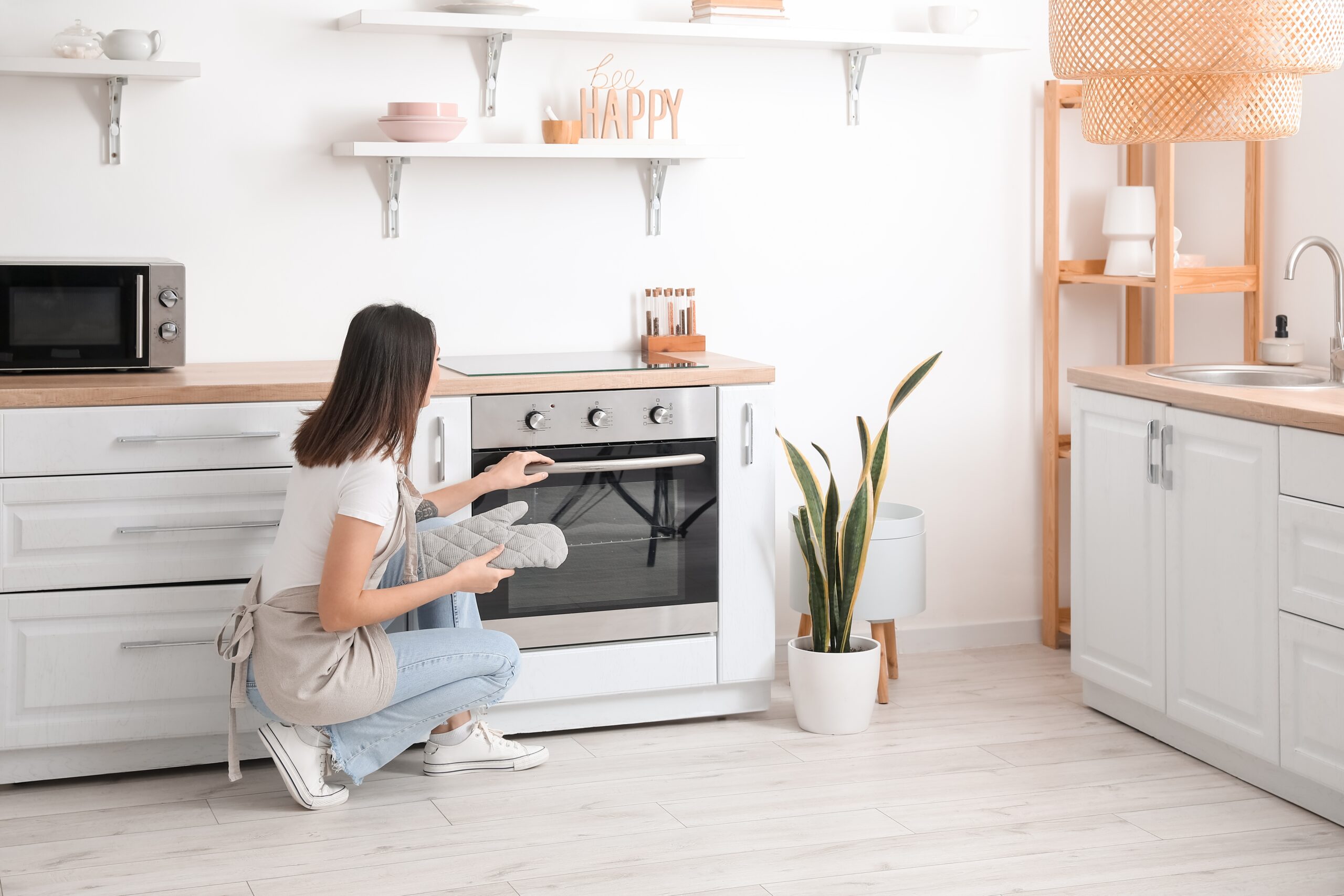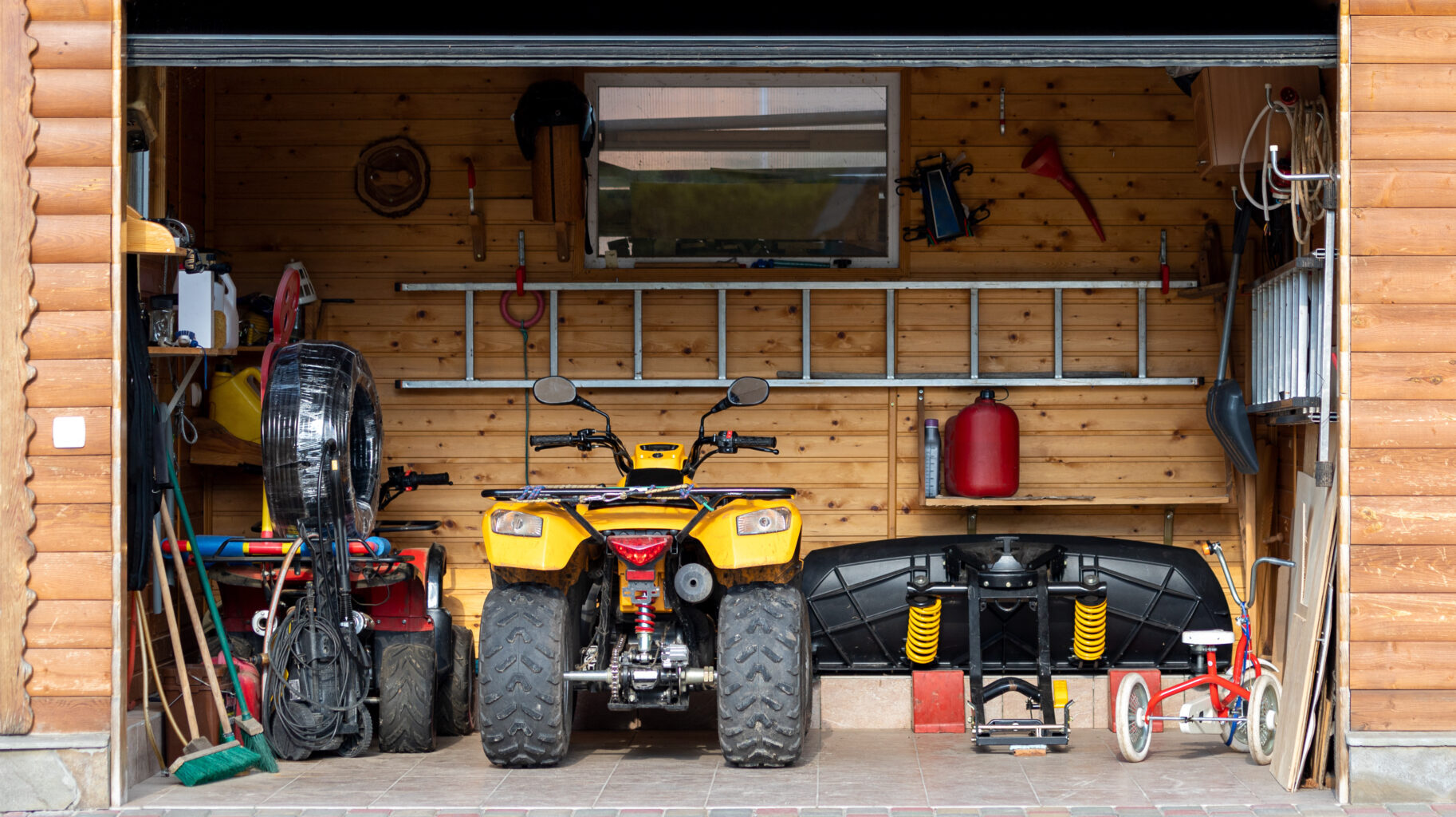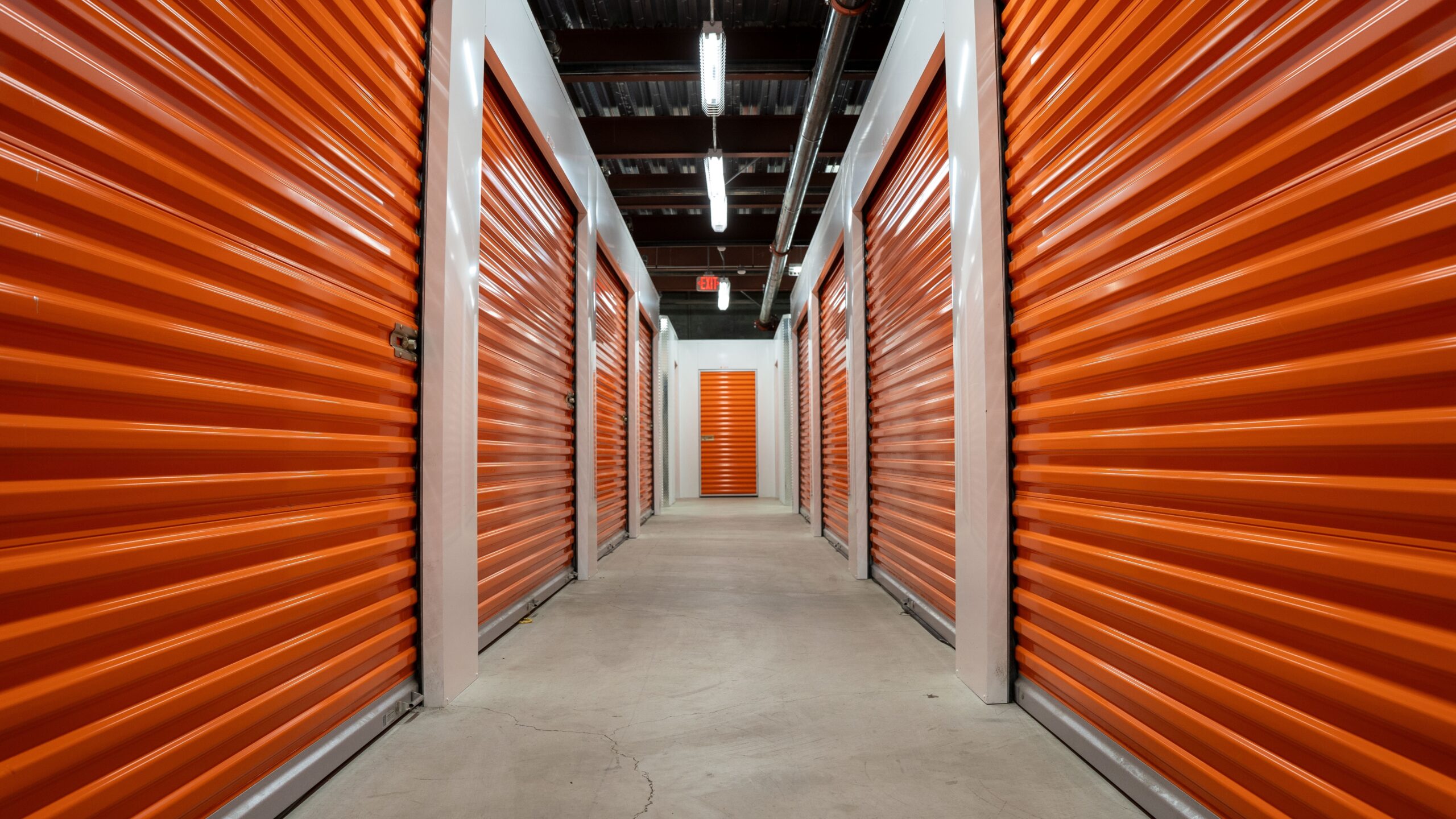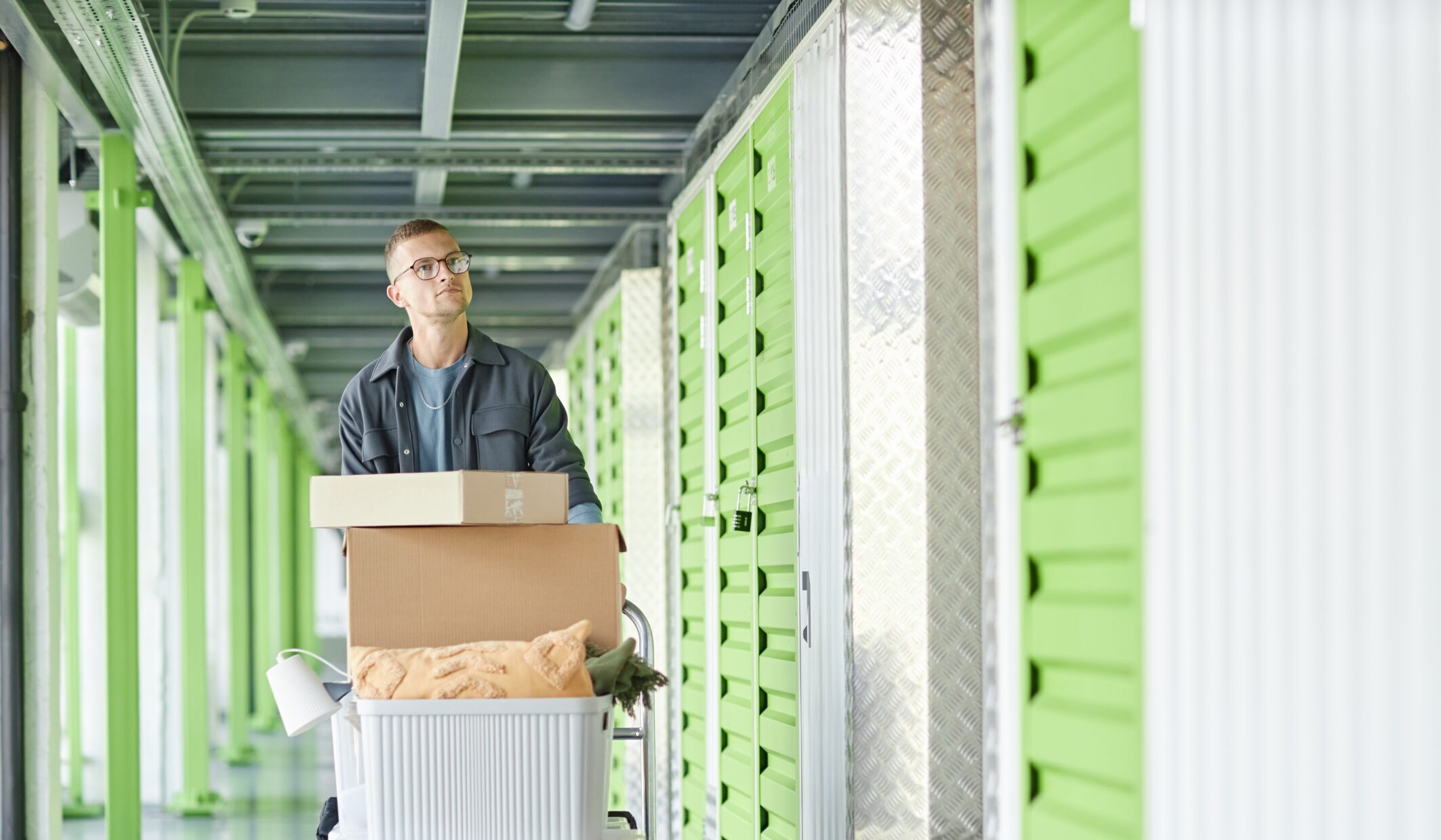The kind of lock used on a storage unit directly affects the safety of its items. Knowing that your belongings are securely locked away removes any doubt. This is especially true if what you store is valuable or personal. But with so many options, how can you be sure you’ve chosen the best locks for storage units out there?
We will explore five types of locks. We will show why some locks are better than others. We will also consider how they meet different security needs.
By the end of this article, you will know the best lock to keep your belongings safe. You will also understand how everything works together to protect your items at a self-storage facility.
Types of Locks for Self-Storage Units

From disc locks to standard padlocks, let’s look at each type of storage lock. We will examine their design and how well they resist tampering.
When we look at these locks, think about their security level. Also, consider how they meet the needs of your storage unit. You can then make an informed decision, balancing your security needs with practicality (and budget).
1. Disc locks

Disc locks have a round body and a covered shackle. They have a very small opening, which makes them hard to tamper with. Disc locks are a popular choice for securing storage units. They offer better protection against bolt cutters and are also reasonably priced.
Why choose a disc lock for your storage unit? They are:
- Tamper-resistant thanks to the tight fit around the storage unit latch.
- Highly durable, typically made from heavy-duty stainless steel.
- Compatible with most unit latches.
2. Closed-shackle locks

Closed-shackle locks resemble a standard padlock but with a major enhancement: the shackle is particularly short, thick and protected by an external casing. This design significantly reduces the exposed area, making it very difficult for bolt cutters or saws to reach.
Why choose a closed-shackle lock for your storage unit? They are:
- Highly secure, thanks to the shackle’s enclosed design.
- Required as a minimum by many insurance companies.
- Great for people accustomed to using padlocks who need additional security features.
Note: The closed-shackle design reduces the usable clearance, limiting the lock’s compatibility with thicker bars.
3. Cylinder locks

Much like the lock on your front door at home, cylinder locks are designed to fit snugly inside the door of the self-storage unit. This eliminates any exposed shackle, rendering bolt cutters useless. They are typically more expensive than other lock types, and if you lose the key, removing the lock may require professional assistance.
Why choose a cylinder lock for your storage unit? They are:
- Extremely secure since the lock is housed internally.
- Unlocked by special keys that are difficult to duplicate.
- Recommended by upscale storage facilities for their enhanced safety.
Note: Cylinder locks must be compatible with the storage facility’s lock mechanism, so they are often purchased directly from the storage provider.
4. Combination locks
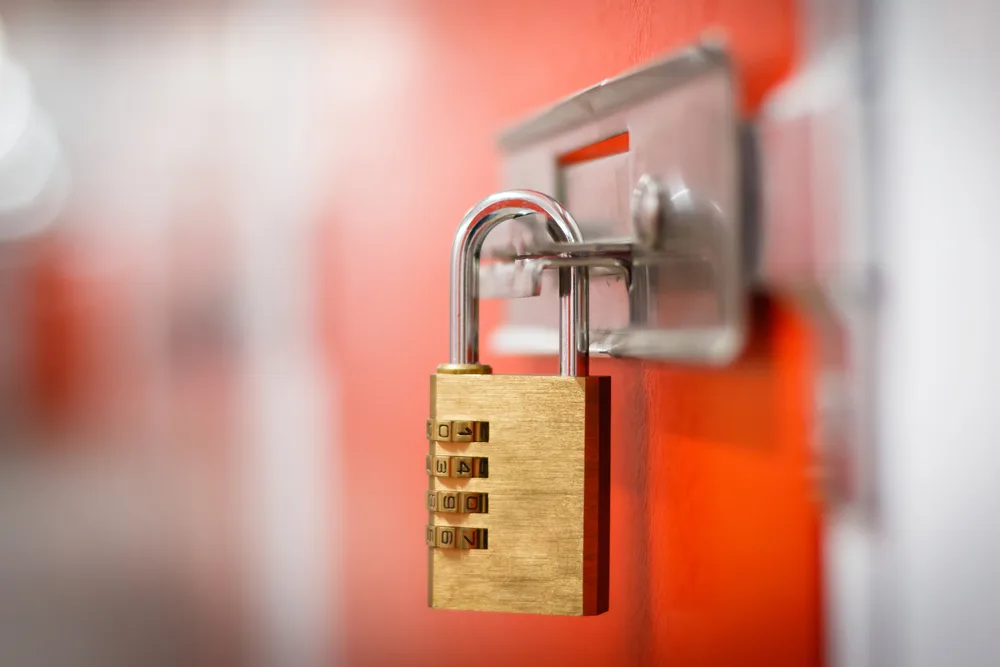
Combination locks allow access through a numerical or letter code that you can enter via a dial or keypad. While convenient for those who frequently forget their keys or need to provide shared access, combination locks are among the least secure options out there, especially for long-term storage.
Why NOT choose a combination lock for your storage unit?
- They are vulnerable to being picked, manipulated or broken with bolt cutters or hacksaws.
- A high risk of forgetting the lock combination considerably reduces the lock’s convenience.
- Some storage facilities may not even allow you to use combination locks because of their security risks.
Note: Only use combination locks in home areas you can monitor regularly, such as a shed or garage.
5. Standard padlocks

With a rectangular base and a U-shaped shackle that clicks into place, standard padlocks are perhaps the most recognizable and widely used locks. While simple, easy to use and popular, they fail to provide robust security.
Why NOT choose a standard padlock for your storage unit?
- Their highly exposed shackle is vulnerable to bolt cutters and angle grinders.
- They can be easily picked or re-keyed.
- Standard padlocks don’t typically come with an anti-drill plate.
Security Features to Consider

No matter what type of shackle you choose for your storage unit lock, there are three additional security features to consider: how well the lock does against bolt cutters, what type of locking mechanism it has and how secure the storage unit latch is.
1. Bolt cutter resistance
Bolt cutters are one of the most common tools thieves use to break into storage units, so buying a lock with high resistance to bolt cutters only makes sense. As we discussed, disc locks and closed-shackle padlocks offer reduced exposed areas, making it much harder for bolt cutters to access and break the shackle, while cylinder locks are installed completely inside the door.
2. Latch security
A secure latch mechanism is just as important as the lock itself. Make sure the latch on your storage unit is strong, well-kept, and hard to tamper with. If you see anything unusual, tell the facility manager right away.
3. Locking mechanisms
With shackles and latches already checked, it’s time to pay close attention to the locking mechanism.
- The most common type of locking mechanism in padlocks is the pin-tumbler, also known as the Yale lock. It has a series of variable-length pins encased in a cylindrical housing. When the proper key is inserted, all pins align, releasing the shackle when turned. Very common, they can be particularly vulnerable to picking.
- A lever tumbler lock has a set of levers inside the mechanism. The correct key raises each lever to the appropriate height, releasing the shackle when all the levers align. They are more secure than pin tumblers because of the added complexity that makes them more pick-resistant.
- Disc tumbler locks don’t use pins or levers but rather rotating discs. Notches on the right key engage with the disks, orienting them to release the shackle. The rotation of the discs is complex. It needs a precise setup to align them correctly. A disc tumbler mechanism is very secure. It is much harder to pick than pin or lever tumblers.
Material and Build Quality
Brass is a popular and affordable lock material, but it’s only recommended when you don’t need high protection on a locker or shed. For storage units, there are better options out there, like hardened steel and alloys that mix strength with corrosion resistance.
1. Hardened steel
Hardened steel is one of the most secure and durable materials used in lock construction. Some of the best locks for storage units are made from hardened steel, as they have increased strength and resistance to cutting, drilling and other forms of physical attack. The hardening process makes the steel tougher and more difficult to break with common burglary tools like bolt cutters and saws.
2. Alloys in lock construction
Alloys are often used in lock construction to combine the strengths of different materials. For example, an alloy can combine steel’s strength with brass’s ability to resist corrosion. This creates a strong lock that can withstand environmental damage.
Note: According to Master Lock, boron-carbide shackles are 50% harder than hardened steel.
3. Shrouded locks
Shrouded locks feature a protective shroud that covers the shackle, reducing the exposed area that bolt cutters, files or other tools can target. This barrier adds an extra layer of protection against tampering.
Tips for Choosing the Best Lock for Your Self Storage Unit
What do you get when you cross a quality lock with a facility that has robust security measures? A significantly reduced risk of theft or unauthorized access. So, for the sake of keeping your belongings secure, here are some practical tips to guide you further:
1. Evaluate security needs
Before you pick a lock (pun intended), take a moment to assess the specific security requirements for your storage unit by considering the following:
- The value of your stored items — It’s worth paying extra for maximum security features if you store high-value or sensitive items.
- The unit location and risk exposure — Units in less visible or isolated areas may require an investment in more robust locks.
Note: If unfamiliar with the facility’s location, check its reputation online to determine the likelihood of attempted break-ins.
2. Consider the storage facility’s security
Before you sign the lease and decide on a lock, check what the self-storage facility offers regarding security.
- Secure, tall, well-maintained perimeter fencing can deter unauthorized access and provide a first line of defense.
- Some self-storage facilities offer individual unit alarms.
- Electronic gate access ensures that access to a self-storage facility’s property is granted only to authorized persons. Most of the time, the system also logs entry and exit times, adding accountability.
- Well-lit self-storage facilities both inside and around the units will discourage intruders from penetrating the area and will be easier to be surveilled by cameras or security personnel.
- On-site management at self-storage facilities can respond faster in times of security situations of any nature, and the constant presence deters criminal activity.
- Look for facilities with 24/7 surveillance. Beyond just having security cameras, some storage facilities actively monitor live video feeds.
Note: A mid-range lock might suffice if the self-storage facility has strong security features. Otherwise, go for the best locks for storage units you can find.
3. Additional security features
When choosing a storage unit lock, consider extra security features that can enhance protection, such as anti-pick pins, drill-resistant plates and hardened steel or boron-carbide shackles.
Choose the Best Locks for Storage Units
When the time finally comes to lock up your storage unit, you want the right storage locks on your side. While disc and closed-shackle locks are highly recommended, always check the measurements for the latches at the storage facility. And while there, see if you can have cylinder locks installed.
Make sure the lock is made from strong materials like hardened steel for extra protection and take into account the security features of the storage facility — good lighting, fences and security cameras can add another layer of safety for peace of mind.

